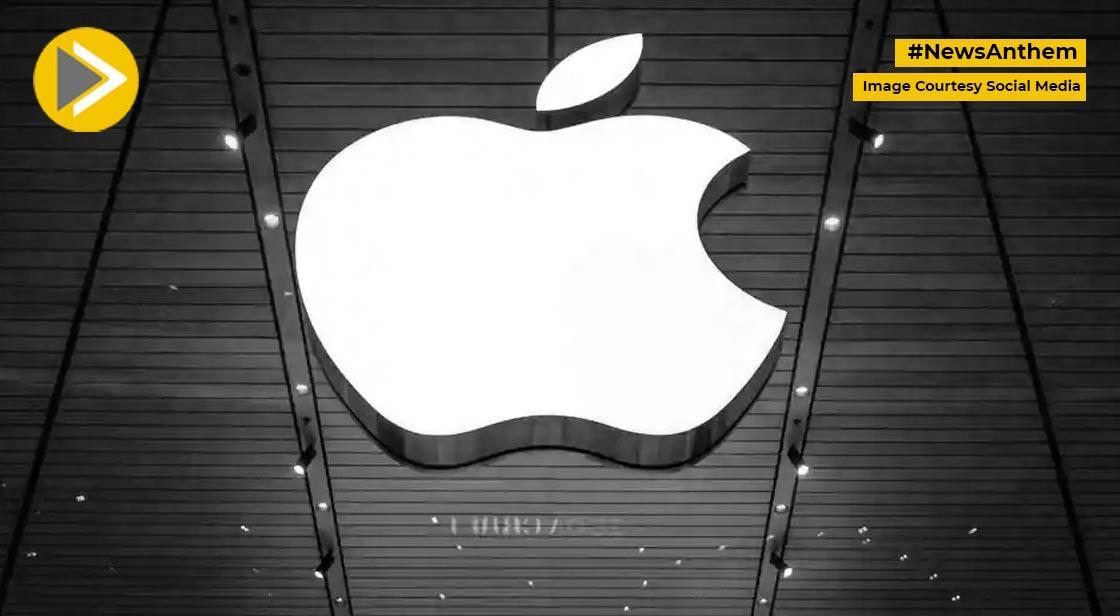Google Pays Billions to Keep Search King on Apple Devices

News Synopsis
Recent revelations shed light on the significant financial transactions between tech giants Google and Apple, particularly regarding the default search engine status on Apple's Safari browser. Amidst an ongoing antitrust lawsuit and increasing scrutiny over monopolistic practices, the details of these payments have captured widespread attention.
Let's delve into the numbers, implications, and broader context surrounding Google's payments to Apple.
Exploring the Financial Transactions:
The 2021 Payment: Documents from the US Department of Justice's antitrust lawsuit against Google revealed that in 2021, Google paid approximately $15 billion to Apple to secure its position as the default search engine on Safari.
Increased Payment in 2022: Building upon the previous year's agreement, reports surfaced indicating that Google's parent company, Alphabet, disbursed a staggering $20 billion to Apple in 2022 to maintain its default search engine status on Safari.
Key Questions Answered
-
How much has Google paid Apple? Google's payments to Apple have been steadily increasing, reaching $20 billion in 2022, compared to $15 billion in 2021.
-
Can users change the default search engine on Apple devices? Yes, Apple users have the option to switch from Google Search to other search engines like Bing or DuckDuckGo. However, Google remains the default option on iPhones, iPads, and Macs.
-
Have other companies tried similar deals with Apple? Microsoft reportedly attempted to negotiate a similar deal with Apple, even offering to sell its search engine, Bing. These efforts were unsuccessful.
Analyzing the Trends:
Year-on-Year Increase: The substantial rise in payments from Google to Apple reflects the escalating nature of their agreement. This upward trend underscores Google's determination to uphold its dominant position in the online search business, even amidst regulatory scrutiny and legal challenges.
Antitrust Implications: The ongoing antitrust case scrutinizes the intricacies of Google's deal with Apple and its ramifications for competition in the online search market. The substantial sums exchanged between the two tech giants underscore the potential implications for market dynamics and consumer choice.
User Perspective and Alternatives:
Default Search Engine Setting: Despite the availability of alternative search engines like Bing and DuckDuckGo, Apple's default setting in Safari overwhelmingly favors Google Search. This lack of choice raises questions about user autonomy and competition in the online search space.
Negotiation Attempts by Other Companies: Microsoft's unsuccessful attempts to strike similar deals with Apple highlight the exclusivity and significance of Google's arrangement. Reports suggest that Microsoft's endeavors, including a proposition to sell Bing to Apple, failed to materialize.
Will the Future of Search Change?
With the antitrust case looming, the future of Google's dominance on Apple devices remains uncertain. The lawsuit could potentially force Google to alter its deal with Apple, opening doors for other search engines to compete on a more level playing field. Additionally, rumors suggest Apple might integrate its own search engine, codenamed Gemini AI, into its devices, further disrupting the current landscape.
Conclusion:
The financial transactions between Google and Apple underscore the complex interplay of competition, market dominance, and regulatory scrutiny within the tech ecosystem. As the antitrust case unfolds and discussions about user choice and market fairness continue, the ramifications of these agreements on the online search landscape remain a focal point of debate and analysis.
You May Like









